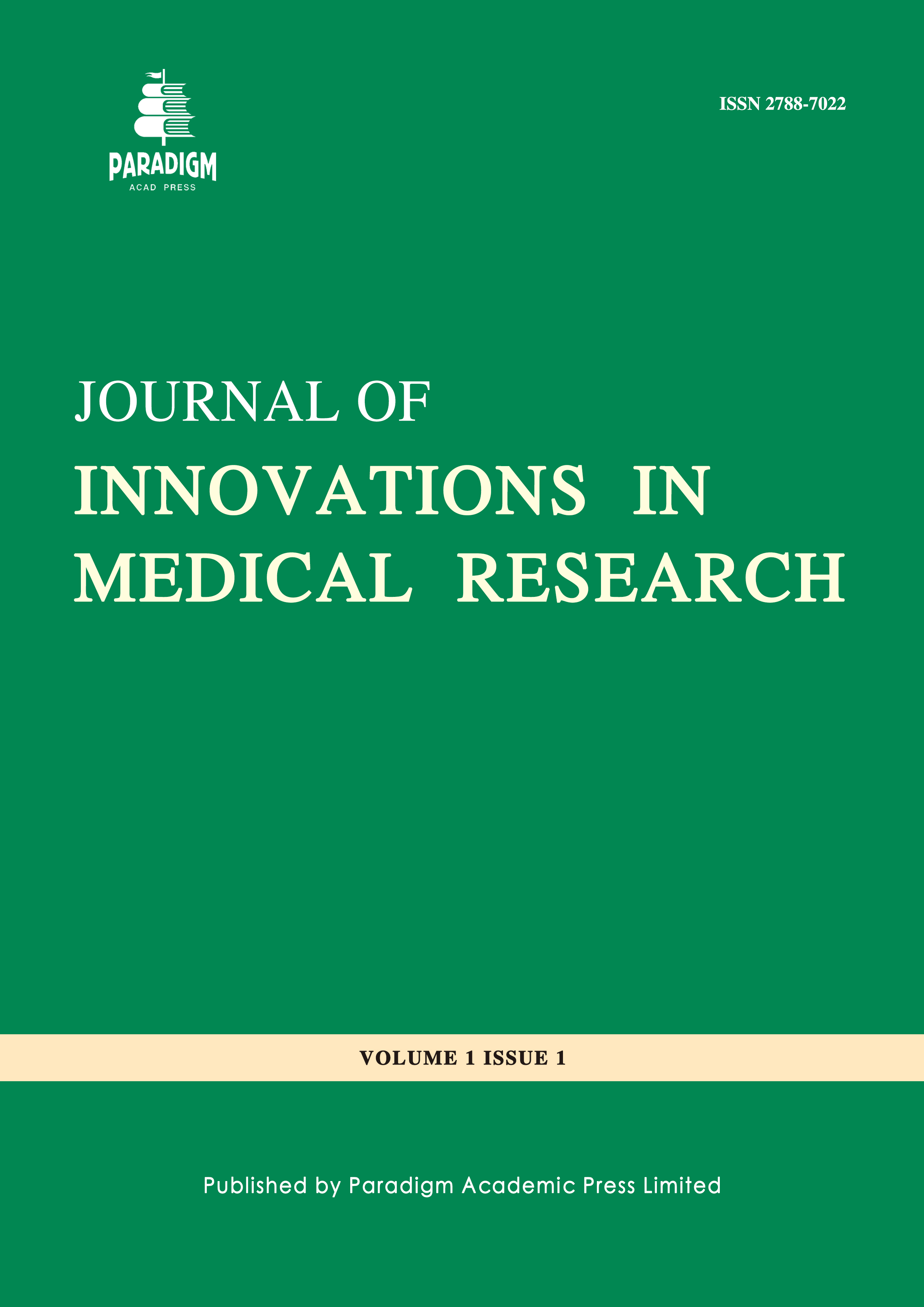Analysis of the Mediating Effect of Self-Efficacy on Self-Regulation Fatigue and Self-Management Behavior in T2DM Patients
Keywords:
type 2 diabetes, self-efficacy, mediation effectAbstract
Objective: To enhance and control the illness of type 2 diabetes sick person, to travel around the intervene job of diabetes patients. Methods: 238 patients with type 2 diabetes recruited online from 2021 to 2022 were surveyed on general information. Linear regression and arbitration belongings examine were performed on the specimen. Results: The results of multiple linear regression indicate that the age, living alone, self-management behavior, and self-regulation fatigue significantly affected the self-efficacy of patients with type 2 diabetes (p <0.05). Self-efficacy mediating model, the total mediation was -0.375 people, with a mediation ratio of 41.8%. The mediating effect was significant (P<0.05). Conclusion: The self-efficacy of patients with type 2 diabetes is associated with age, living alone and self-management behavior and self-regulation fatigue (P<0.05), and self-efficacy can significantly building and improve self-regulation fatigue, the mediating effect was important (P<0.05). Therefore, it is recommended that hospital staff and patients be aware of the influencing factors that affect patients’ self-efficacy, and the relationship between self-efficacy, self-regulatory fatigue, and self-management behavior.so as to reasonably enhance the self-efficacy and self-management behavior of diabetic sick person.



